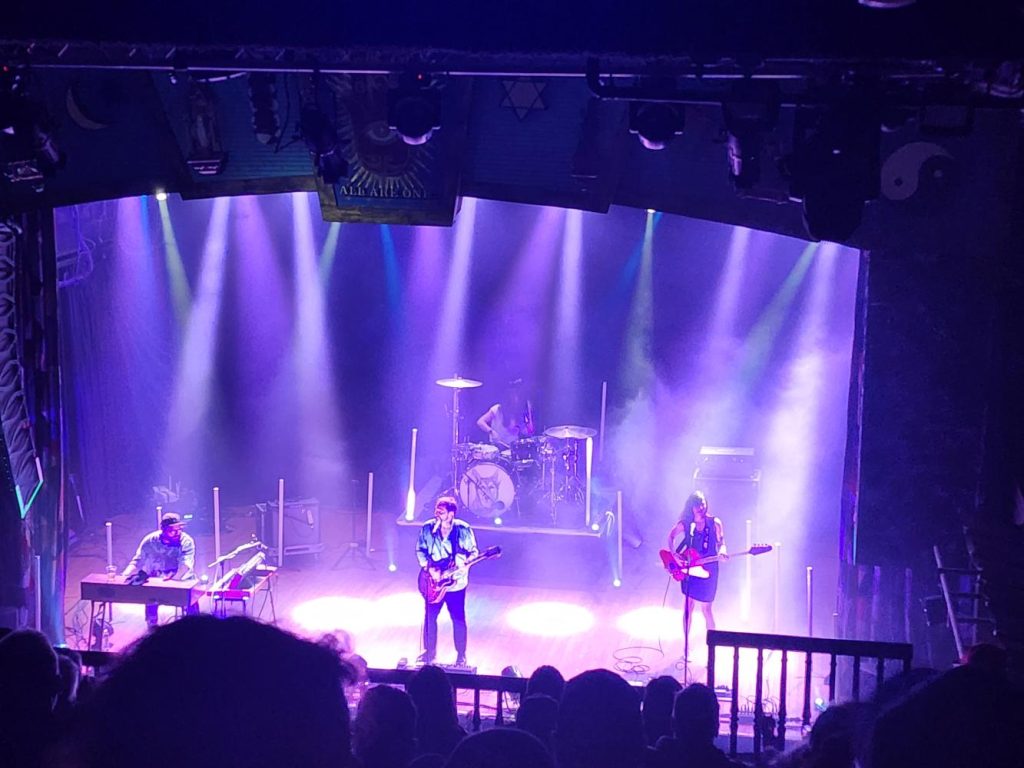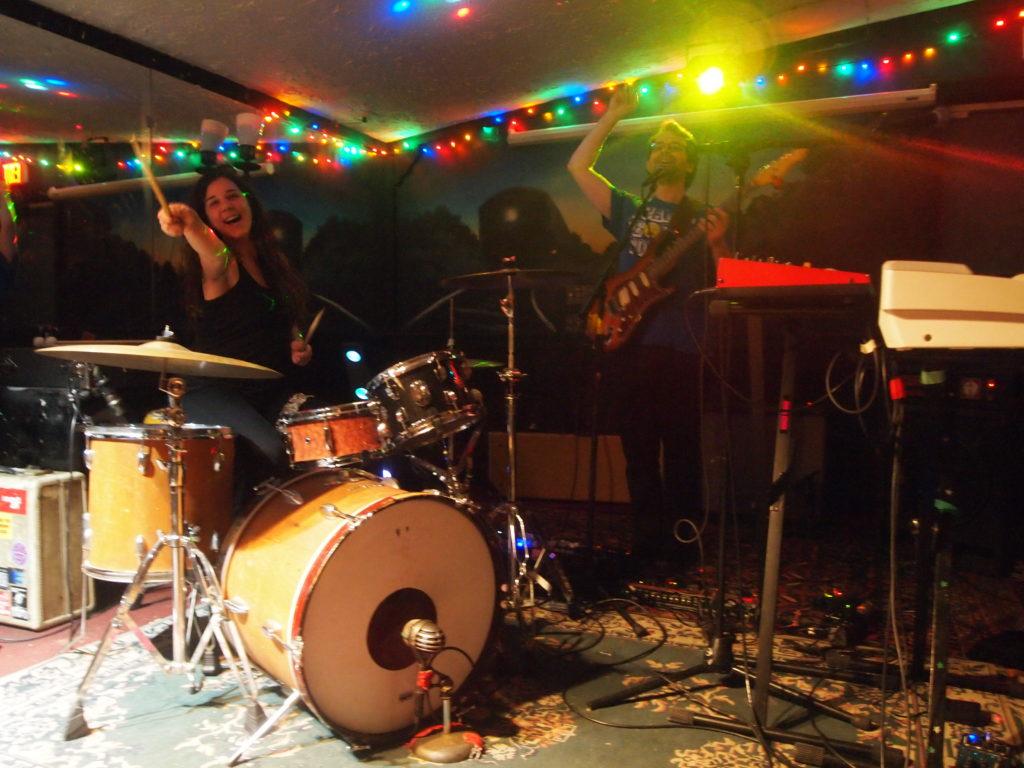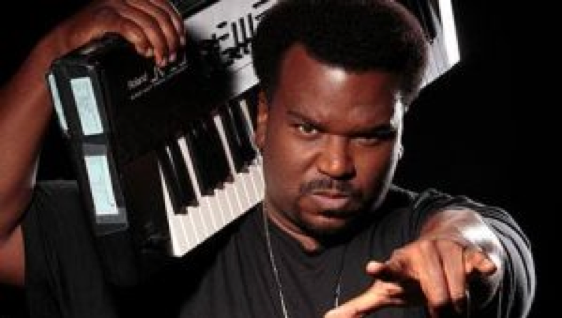40 Years Later: An American Prayer Lives On
Written by BSR Web Staff on November 17, 2018
The Doors were one of the most defining acts in music during the late sixties.
A love for blues, the band from Venice Beach was able to create rock music that blended blues with elements of jazz. Their music was dramatic, strange and organ driven. Their lyrics were oftentimes derived from literary works.
After the death of lead singer Jim Morrison in 1971, The Doors were reduced to a trio consisting of Ray Manzarek (organ/piano), Robby Krieger (guitar) and John Densmore (drums). Manzarek and Krieger alternated as the new lead vocals. The trio released two albums before calling it quits in 1973, going their own separate ways.
It didn’t take long for a reunion to surface, as The Doors decided to compile the audio recordings of Jim Morrison reciting his personal poetry and compliment the readings with music. It was to serve as a homage to Morrison, bringing his words to life once more.
The Doors released their ninth and final studio album in 1978, titled An American Prayer. The spoken-word poetry album turned 40 on Nov. 17.
“Is everybody in? Is everybody in?” asks Morrison on “Awake”, the opening track of the album. After repeating the question, Morrison unleashes his iconic hellish and unsettling scream, insisting to “wake up!” A precarious introduction into the strange world of the self-proclaimed lizard king.
The song bleeds into the first poetry recording, “Ghost Ship”.
Spoken-word poetry becomes power poetry, as the drumming is infectious, the bass is heavy, and Krieger’s bottleneck guitar play ties it all together. The Doors are playing funk, practically drowning in the style. It is important to note that the group had begun to gravitate towards this sound during their last two albums.
The groove is built around the flow of Morrison’s poetry. Several of The Doors’ songs had already followed that formula, but this time they didn’t have Morrison in person to collaborate with.
As the rhythm settles into stride, Morrison brilliantly snapshots his sixties in vibrant Southern California:
“A vast radiant beach and cooled jeweled moon
Couples naked race down by its quiet side
And we laugh like soft, mad children
Smug in the wooly cotton brains of infancy
The music and voices are all around us.”
The instrumentation and vivid description bring that west coast scene to life as if you’re watching the opening sequence of a movie. By the end of it, you’re not sure about what in the hell you just listened to. It sounds cool though, play it again.
The celebration of life early on in the album is eventually met with Morrison’s fascination around death. On the dark and brooding piece titled “Feast of Friends”, he says:
“Do you know how pale and wanton thrillful
Comes death on a strange hour
Unannounced, unplanned for
Like a scaring over-friendly guest you’ve
Brought to bed”
From poems about strange sexual encounters to describing the death of Indian workers in New Mexico to recounting the mayhem of fame; I’d say there is something for everybody. Each track within the album tells its story, with some of the pieces enjoying the addition of sound effects to help bolster the visualization.
Morrison was fortunate to have a strong baritone voice, which was just as dominant in his readings as it was in his music.
Certain cuts on the project such as “Stoned Immaculate” and “Newborn Awakening” include previous songs from the band’s discography and combine it with Morrison’s poetry. “Dawn’s Highway” features an interview with a spaced-out Morrison, while “Lament” presents beautiful guitar work from Krieger.
Although it can become pretentious and random at times, most of the poetry presented on this album is respectable. Morrison was known for being a bookworm, studying the existential works of Friedrich Nietzsche, the poetry of William Blake and several other works from various writers.
There is only one actual “song” on the record, which is a live version of “Roadhouse Blues”. Derived from a 1970 tour, this electric rendition features Manzarek on the organ rather than the piano. At the end of the track, Morrison toys with the attendees. He informs the crowd that his astrological sign is Sagittarius and claims it is the most philosophical of all signs. A girl can be heard screaming that her sign is the same. Jim quickly deceives her, calling astrology a “bunch of bullshit.” Of course, that same fan agrees with him.
“The Ghost Ship”, an extension of the “Ghost Ship” poem, closes out the spiritual sermon.
It’s difficult to muster up words following the closing curtain. We’re left with an outlandish piece of work that was met with much sensitivity upon its release.
Paul Rothchild, former producer of The Doors, called the project a “rape of Jim Morrison.” His outspoken remark may have surfaced due to the fact that Morrison had not intended to record his poetry with his bandmates, thus leaving the feeling that his personal respects were disregarded.
Meanwhile, his bandmates thought it was a special way to bring the band together once more, to honor their eccentric vocalist whose mysteriousness helped cement their image.
I wouldn’t give this record a rating, nor would I put it into comparison with other albums in The Doors’ discography. It’s a stand-alone work and you take what you can get from it.
One thing is certain, this project marked the last time that The Doors would record music together in the studio.




